SDG 1: No Poverty - End poverty in all its forms everywhere
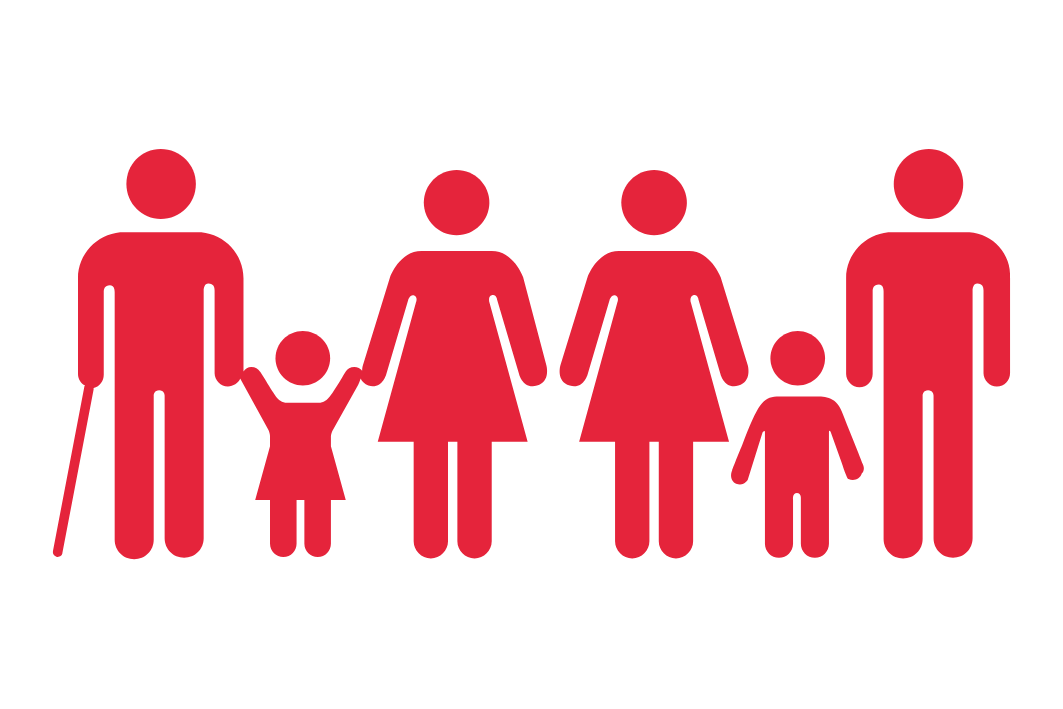
• Corruption and inefficient aid distribution: Blockchain technology can prevent corruption and improve the transparency of aid distribution, ensuring efficient and fair allocation of resources to intended beneficiaries.
• Income and employment insecurity: Blockchain-based solutions such as universal basic income, micro-jobs, and employment verification could provide more stability for individuals facing income and employment insecurity.
• Lack of identification and documentation: Blockchain technology can provide verifiable digital IDs and documentation in a transparent and tamper-proof manner, which can be used to address the lack of identification and documentation for many poor populations.
SDG 2: Zero Hunger - End hunger, achieve food security and improved nutrition, and promote sustainable agriculture.
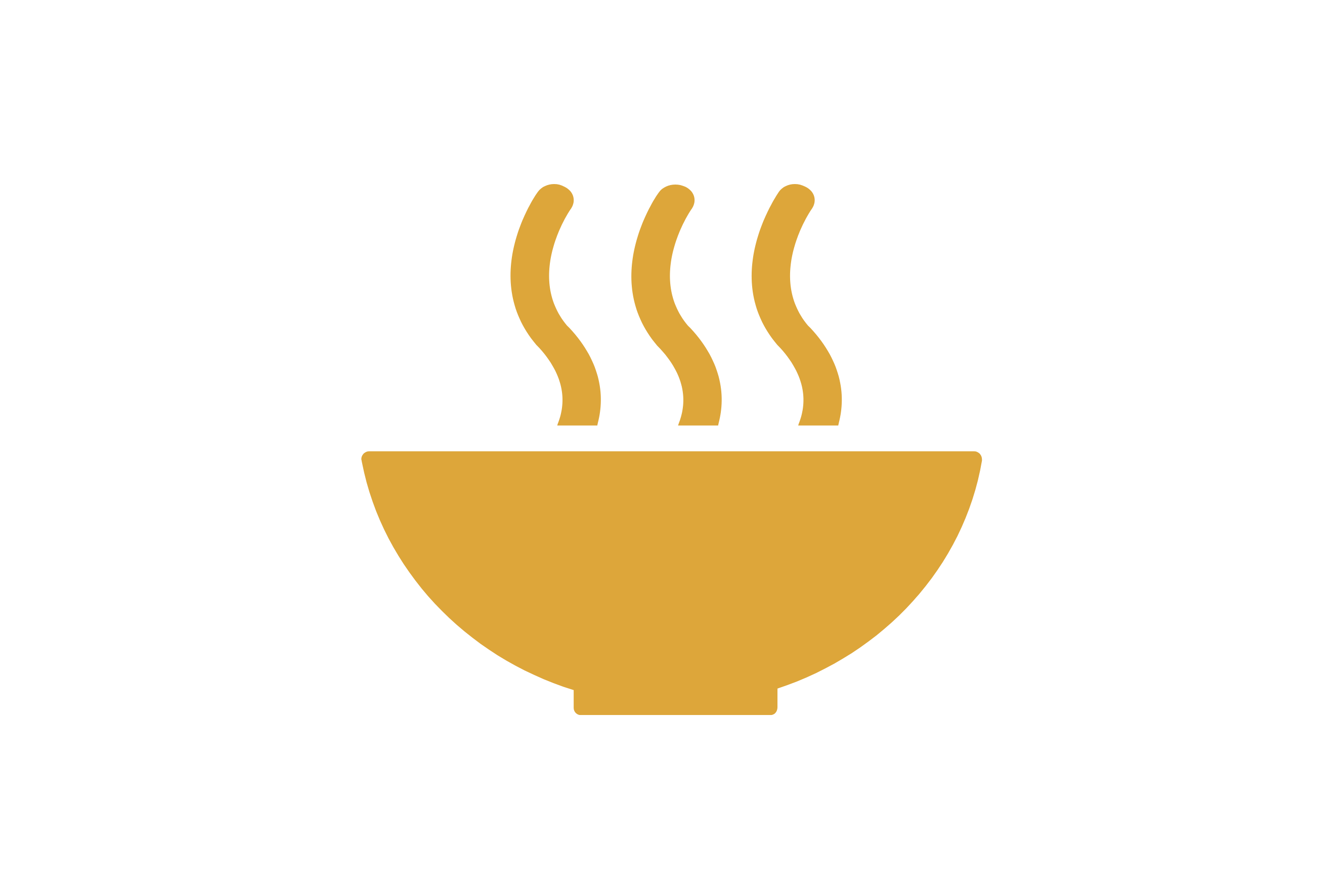
• Poor farmer livelihoods: Blockchain technology can provide a transparent platform for fair trade of agricultural products, fair pricing of goods, and direct-to-consumer sales, which can help farmers earn a fair price for their products and improve their livelihoods.
• Food fraud and counterfeiting: Blockchain technology can ensure transparency and traceability of food supply chains, making it easier to identify the origin and verify the authenticity of food products, which helps prevent counterfeit or adulterated food from entering the system and reduces food fraud.
• Donation management: Non-profits and food aid organisations can leverage technology to improve transparency and accountability in managing food donations, ensuring donated food reaches those who need it promptly and equitably.
SDG 3: Good Health and Well-Being - Ensure healthy lives and promote well-being for all at all ages.
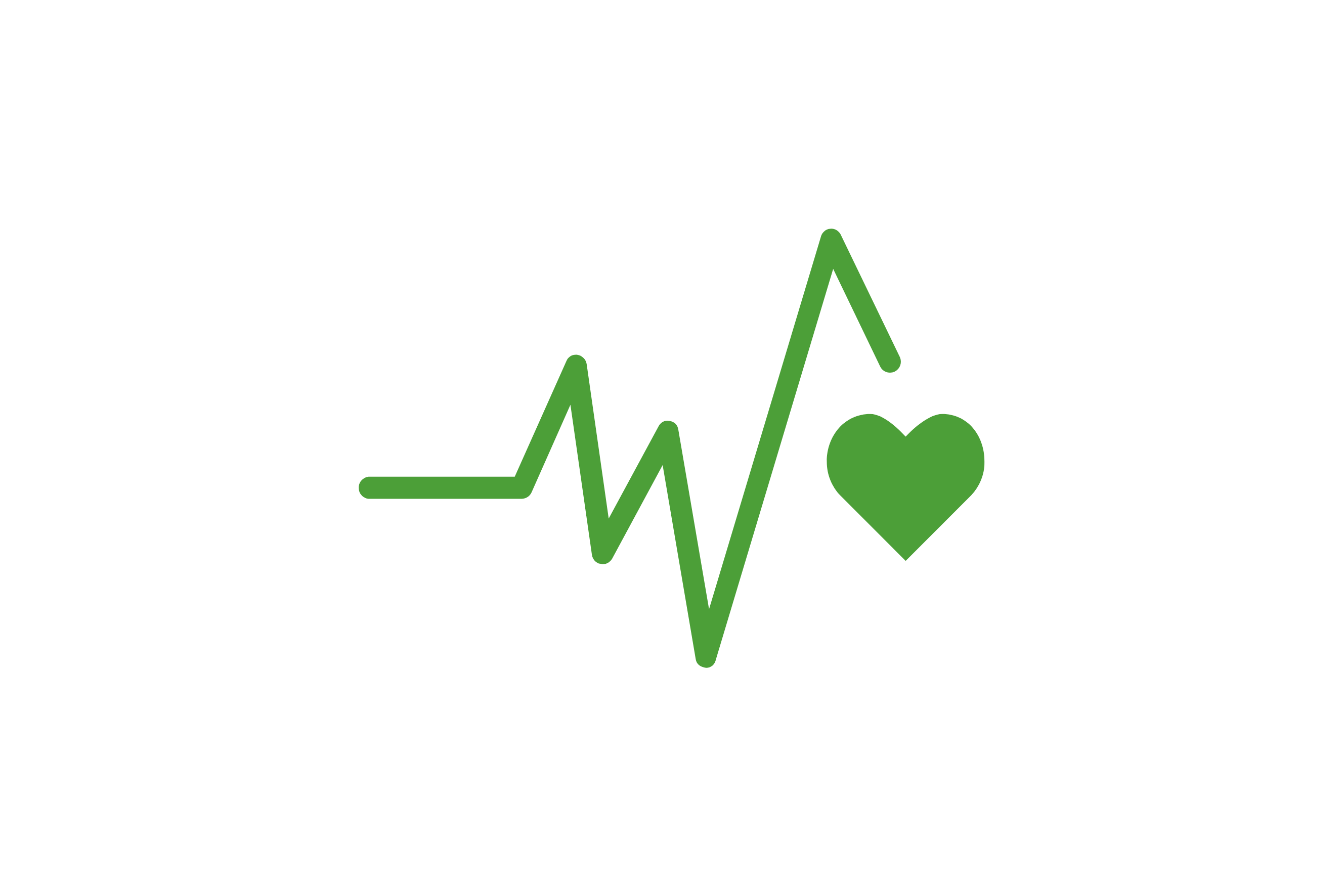
• Counterfeit medicines: A tamper-proof record of medicines and medical products across the supply chain can help track and verify the authenticity of drugs, ensuring unsafe counterfeits do not enter the system, which is possible with blockchain technology.
• Inefficient supply chain management: Streamlining supply chain management of medicines, medical equipment, organs, blood, etc., can be achieved using blockchain technology, which includes real-time tracking of storage conditions, expiration dates, availability, and targeted distribution to improve availability, reduce waste and ensure quality.
• Limited access to affordable medicines: Blockchain-based platforms can help ensure equitable and affordable access to medicines by enabling direct-to-patient sales, price transparency, quality verification, and regulated distribution of medicines, which can address the issue of limited access to affordable medicines.
SDG 4: Quality Education - Ensure inclusive and equitable education and promote lifelong learning opportunities for all.
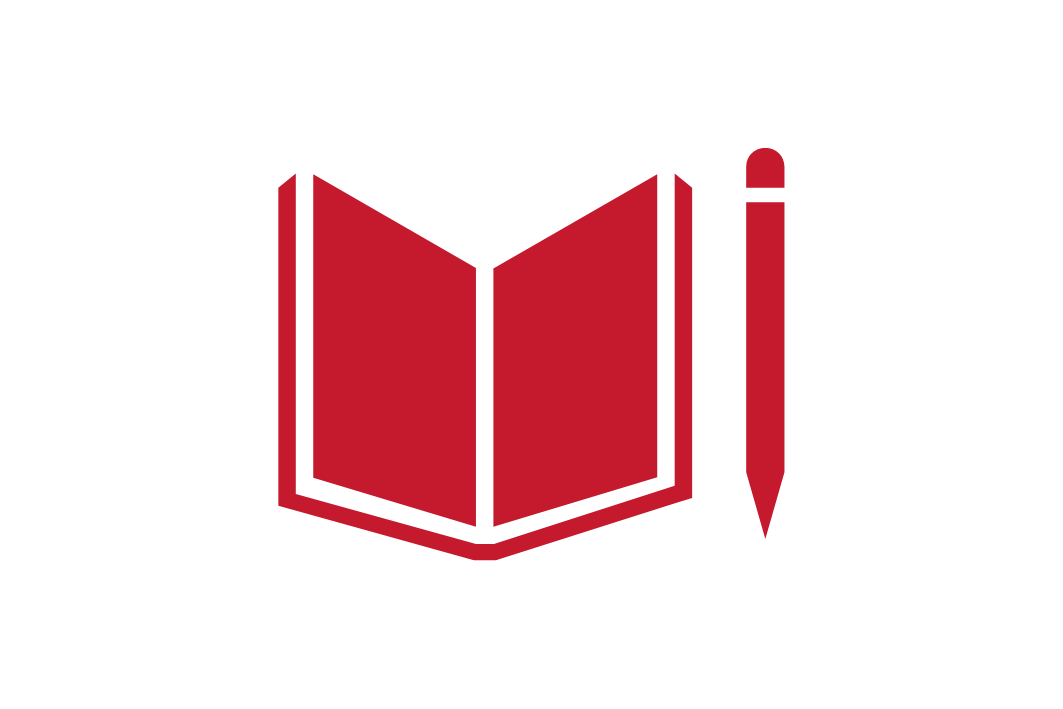
• Limited access to education: Blockchain solutions can help underprivileged groups access education by enabling scholarship management, payment processing for educational fees, certification of skills, and issuance of verifiable credentials, which can address the issue of limited access to education.
• Fake degrees and certifications: Blockchain solutions can prevent fake degrees and certifications from entering the education system by verifying the authenticity of degrees, certifications, transcripts, and other educational qualifications in a verifiable and fraud-proof manner.
• Lack of transparent student records: Blockchain technology can create permanent, tamper-proof, and transparent student records, providing a reliable source of information for student achievements, credentials, certifications, and learning outcomes over time.
SDG 5: Gender Equality - Achieve gender equality and empower all women and girls.
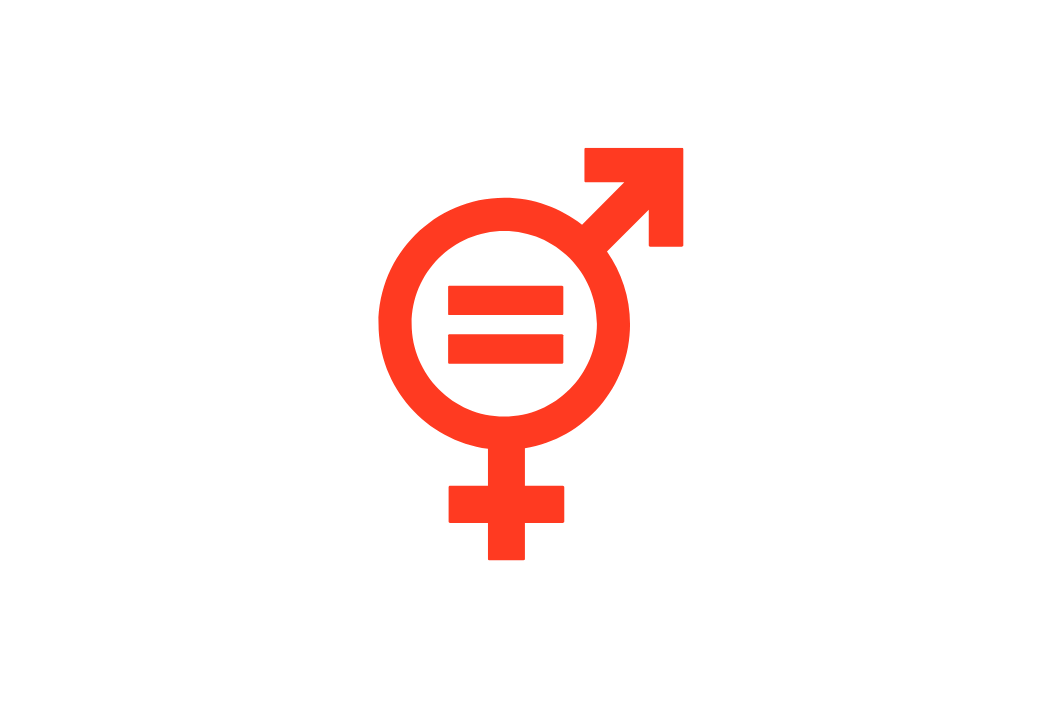
• Gender pay gap: Blockchain technology can enable analysis and address of unjustified pay disparities based on gender by providing a permanent and transparent record of employee/worker information, including roles, responsibilities, qualifications, performance, and remuneration, promoting pay equity and fairness.
• Limited participation of women in the blockchain industry: Blockchain platforms can improve girls' and women's access to learning opportunities in blockchain, emerging technologies, and STEM fields, helping address the gender imbalance in the technology sector and related industries.
• Violence against women: Improving reporting and response systems for violence against women, including domestic violence, sexual assault, early/child marriage, femicide, etc., can be achieved through anonymized reporting mechanisms and coordinated response plans, with potential applications for blockchain.
SDG 6: Clean Water and Sanitation - Ensure availability and sustainable management of water and sanitation for all.

• Limited hygiene awareness: Sharing knowledge on best hygiene practices, the importance of hand washing, sanitation, etc., in a trusted and transparent manner can be facilitated through blockchain platforms, which can incentivize adopting good hygiene behaviors through loyalty points, discounts, or certifications, supporting promoting health, well-being, and development, especially in underdeveloped regions with poor sanitation infrastructure.
• Inadequate disaster relief: Faster and targeted distribution of emergency resources, including water, food, shelters, medicines, etc., during disasters or crises can be aided by the transparent record of aid distribution and verification of recipient eligibility, which prevents misuse and ensures relief reaches the most affected communities and individuals.
• Pollution of water bodies: Blockchain solutions for implementing and enforcing environmental regulations related to the use and disposal of chemicals, industrial waste, sewage, plastics, etc., can help track pollutants and penalise non-compliant parties. This supports better managing and preserving freshwater resources from contamination and pollution.
SDG 7: Affordable and Clean Energy - Ensure access to affordable, reliable, sustainable, and modern energy for all.
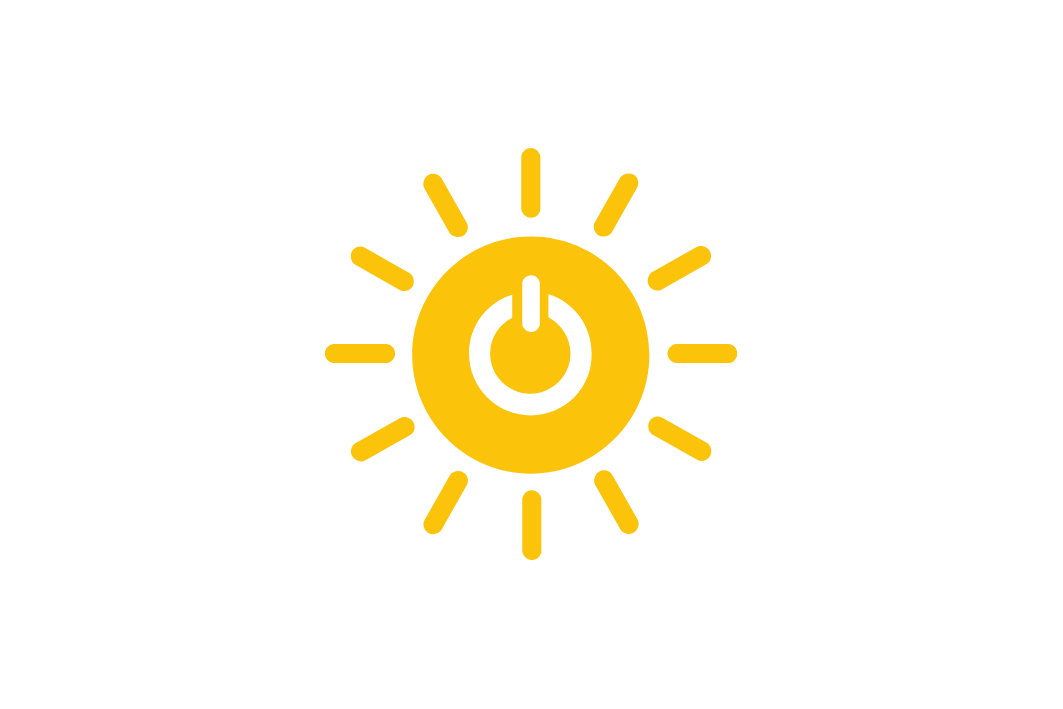
• Limited access to energy: Decentralising control and access to energy can be achieved through peer-to-peer energy trading, micro-grids, community energy cooperatives, etc., with verifiable proof of renewable energy generation and trade on-chain, allowing communities to monazite their energy access.
• Poor distribution infrastructure: Private investments into infrastructure development can be attracted by enabling new revenue streams from energy distribution through facilitating energy trading between prosumers and consumers connected to the grid. In contrast, proof of infrastructure development and usage on-chain ensures funds are appropriately utilized.
• High costs of energy access: Renewable energy and associated technologies can become more affordable and accessible through mechanisms such as microgrids, energy cooperatives, energy unions, crowdfunding for decentralized solutions, credit systems for upfront payments, etc., while transparent fund management and proof of impact ensure benefits reach the underserved communities.
SDG 8: Decent Work and Economic Growth - Promote sustained, inclusive, and sustainable economic growth, full and productive employment, and decent work.
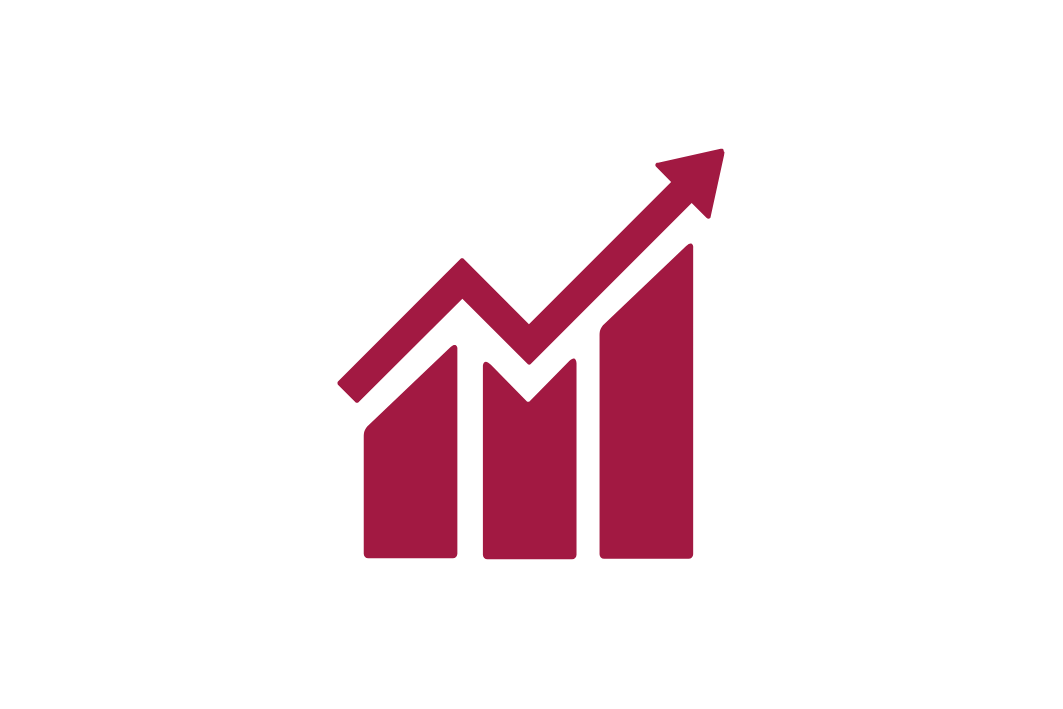
• Limited financial inclusion: Low-cost access to financial services, including remittances, loans, payments, savings, insurance, etc., can be provided through blockchain-based mechanisms that verify users' identity and creditworthiness transparently, which is pivotal for entrepreneurship, productivity, and economic opportunity.
• Poor working conditions: An anonymous yet accountable platform for reporting unsafe working conditions, violations of labor laws, and occupational hazards affecting worker well-being can be provided through blockchain-based mechanisms that include whistleblower policies, audit trails, ratings/reviews, and penalties on non-compliant entities, allowing workers to demand rights and a safe working environment safely.
• Inadequate labor laws: Open consultation with relevant stakeholders, including governments, employers, employees, and NGOs, for developing, reviewing, and implementing fair labor laws and policies can be facilitated through blockchain, which leads to more inclusive policymaking, and official policies can also be coded into smart contracts for automated enforcement.
SDG 9: Industry, Innovation, and Infrastructure - Build resilient infrastructure, promote inclusive and sustainable industrialization, and foster innovation.

• Limited access to affordable internet: Universal access to affordable internet and emerging technologies can be facilitated through micro-networks, community internet service providers, and affordable device/connection plans for the underserved, with revenue models including subscriptions, sponsorships, subsidies, etc., and verifiable proof of access and usage ensures funds are appropriately utilized.
• Inadequate funding for infrastructure: New revenue streams from asset usage and trading can attract private investments into infrastructure development, allowing investors to monetize underutilized infrastructure by allowing shared access between stakeholders, with proof of fund usage on-chain ensuring accountability and impact, and public-private partnerships can also be formalized on-chain to address inadequate funding for infrastructure.
• Limited technology access: Access to other technologies based on need, affordability, and relevance can be facilitated through mechanisms similar to providing affordable internet, with revenue models and verifiable proof of access ensuring equitable distribution of resources.
SDG 10: Reduced Inequalities - Reduce inequality within and among countries.
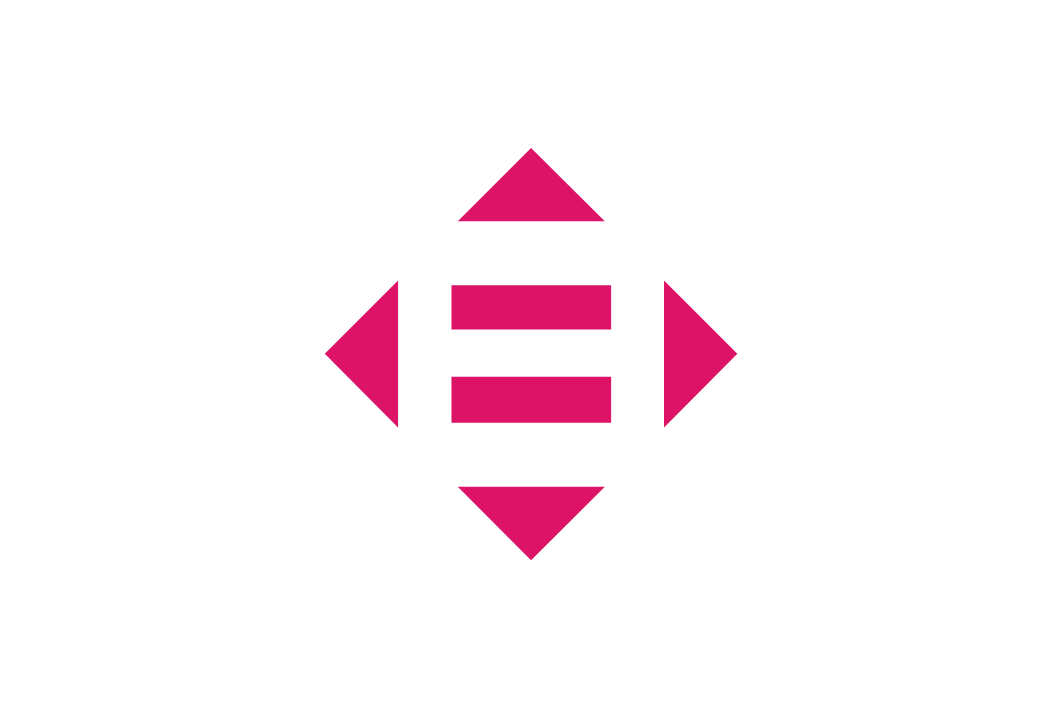
• Lack of access to economic opportunities* Targeted interventions can be implemented to promote access to livelihood resources, skills, finance, markets, and leadership roles, especially for marginalized communities, including access to loans, grants, education, jobs, and entrepreneurship support systems with verifiable proofs of progress and impact to address lack of access to economic opportunities.
• Corruption and misuse of public funds: Transparent and tamper-proof management of public funds, including allocation, utilization, and impact assessment, can be enabled through blockchain, with funds directly released to beneficiaries based on verifiable proofs of entitlement, progress, or milestones achieved, and real-time monitoring to prevent diversion or misuse of resources.
• Greenwashing and lack of accountability: Permanent and transparent record-keeping of environmental and social commitments, compliance, penalties, certifications, and impact of businesses, NGOs, and governments can be provided by blockchain, with ratings, reviews, and demand for accountability forcing adherence to principles of sustainable development, inclusion, and equal opportunity, and minimizing greenwashing.
SDG 11: Sustainable Cities and Communities - Make cities and human settlements inclusive, safe, resilient, and sustainable.
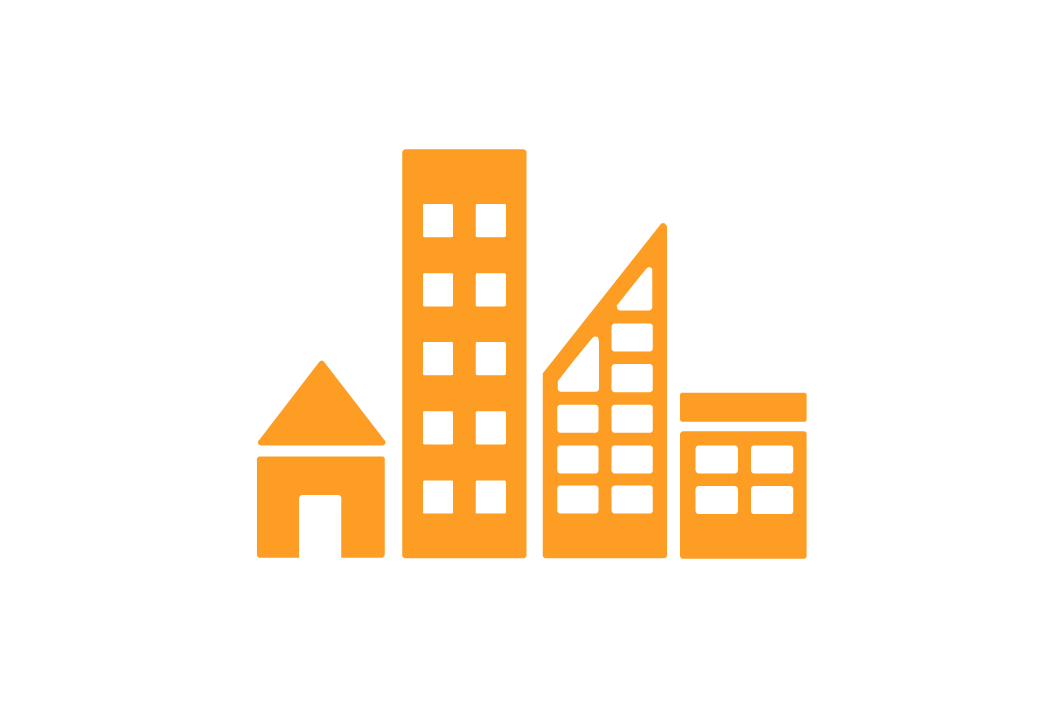
• Poorly planned urbanization: Data-driven urban planning can be enabled through transparency and verifiability of land records, development projects, property ownership, encroachments, etc., with stakeholders making informed demands for sustainable infrastructure and habitat based on evidence and accountability ensured through reviews and penalties for non-compliance using blockchain.
• Limited access to public services: Low-cost access to critical services, including finance, education, healthcare, legal aid, livelihood resources, etc., can be provided through subsidized or free services, micro-loans, sponsored access, etc., with proof of access and impact ensuring resources reach the underserved communities.
• Limited access to affordable housing: Access to affordable housing can be facilitated through rent control, subsidized rents, micro-loans, community housing, etc., with proof of access ensuring resources reach the homeless and underserved communities.
SDG 12: Responsible Consumption and Production - Ensure sustainable consumption and production patterns.
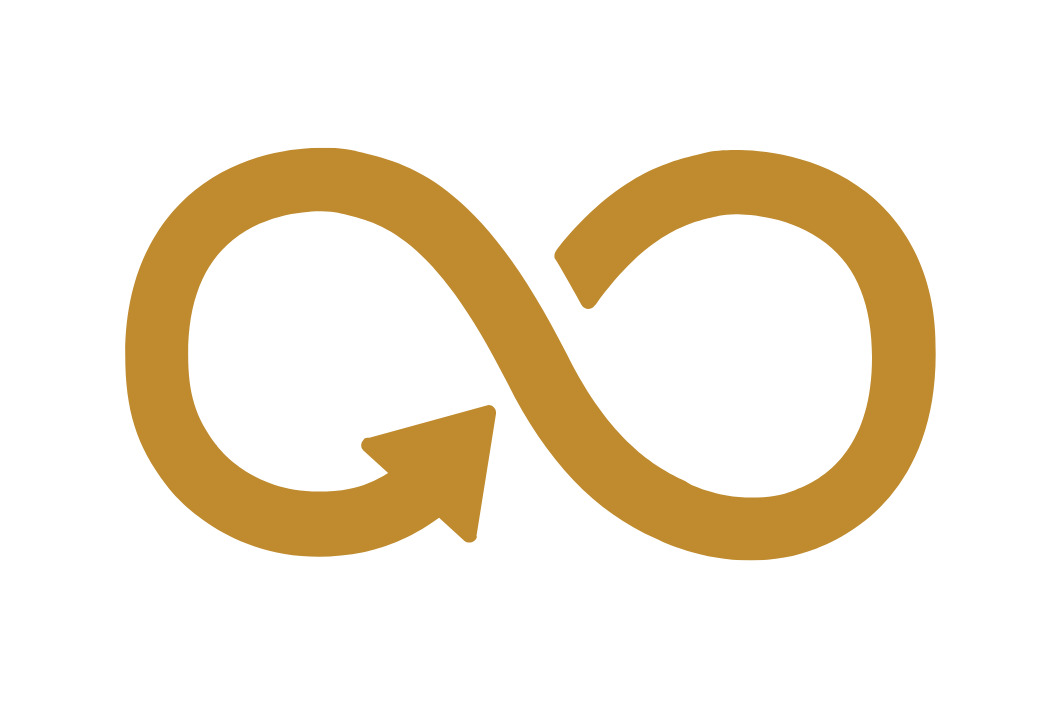
• Limited eco-friendly innovation: Innovation in sustainability can be encouraged through grants, funding, and subsidized access for developing/deploying eco-friendly technologies, products, processes, and services, with verifiable proof of innovation and impact ensuring accountability and innovation credits or tokens for using sustainable innovations that can be monetized, exchanged, or used as discounts to promote mainstream adoption.
• Data invisibility: Open data sharing between governments, organizations, communities, researchers, and individuals can be facilitated to ensure privacy and fair usage of resources, including data on waste generation, pollution levels, renewable energy, sustainable practices, green supply chains, environmental crimes, etc., with insights driving evidence-based policymaking and the development of eco-friendly solutions.
• Performance-based incentives for meeting sustainability targets: Meeting sustainability targets can be incentivized through performance-based rewards, with accurate assessment and disbursal of rewards enabled by tracking and driving large-scale changes in behavior and business practices.
SDG 13: Climate Action - Take urgent action to combat climate change and its impacts.
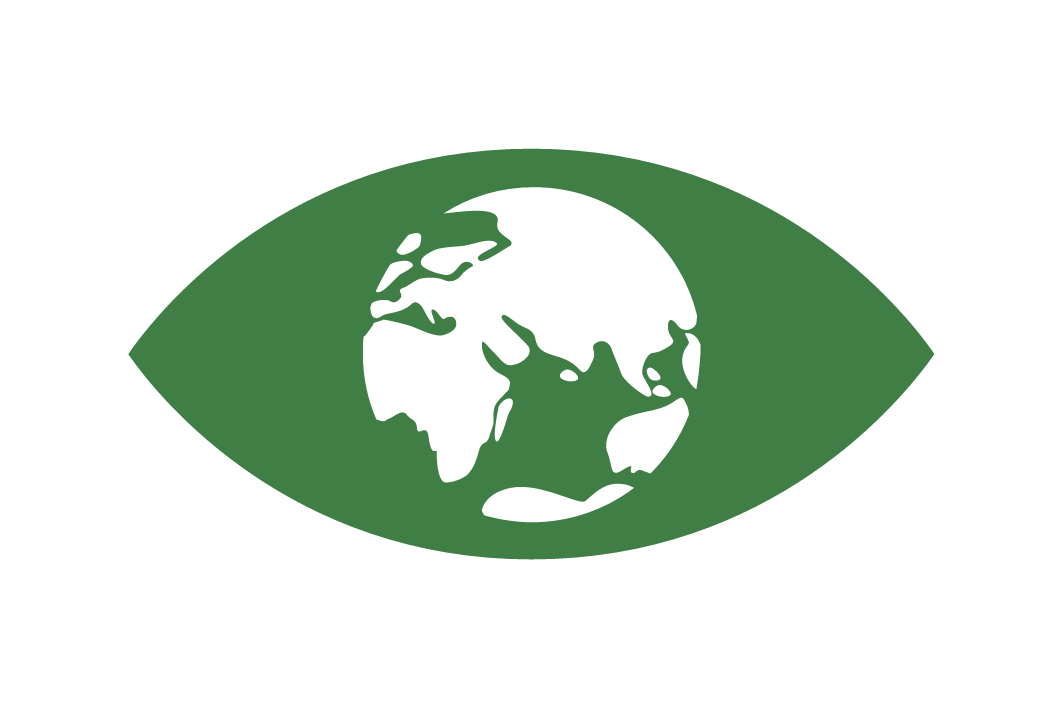
• Inadequate policies and broken commitments: Blockchain can provide permanent and transparent records of climate policies, Nationally Determined Contributions, environmental commitments, compliance, penalties, and impact, which can be reviewed and used to demand accountability, minimize greenwashing, and promote inclusive policymaking through decentralized governance.
• Limited participation of vulnerable groups: Indigenous communities, women, marginalized groups, and youth can participate in climate action decision-making through blockchain mechanisms such as proposals, open consultation, appeals, feedback, and voting, ensuring consideration of inputs and protection of identities. Inclusive governance strengthens climate action.
• Lack of adaptation preparedness: Blockchain can improve preparedness for climate change impacts through tamper-proof records of adaptation plans, resources, and timelines, verifiable proofs of adaptation drills and preparedness, decentralized management of relief and rebuilding, and smart contracts governing the automatic release of funds based on a declaration of disasters to expedite responses.
SDG 14: Life Below Water - Conserve and sustainably use the oceans, seas, and marine resources for sustainable development.
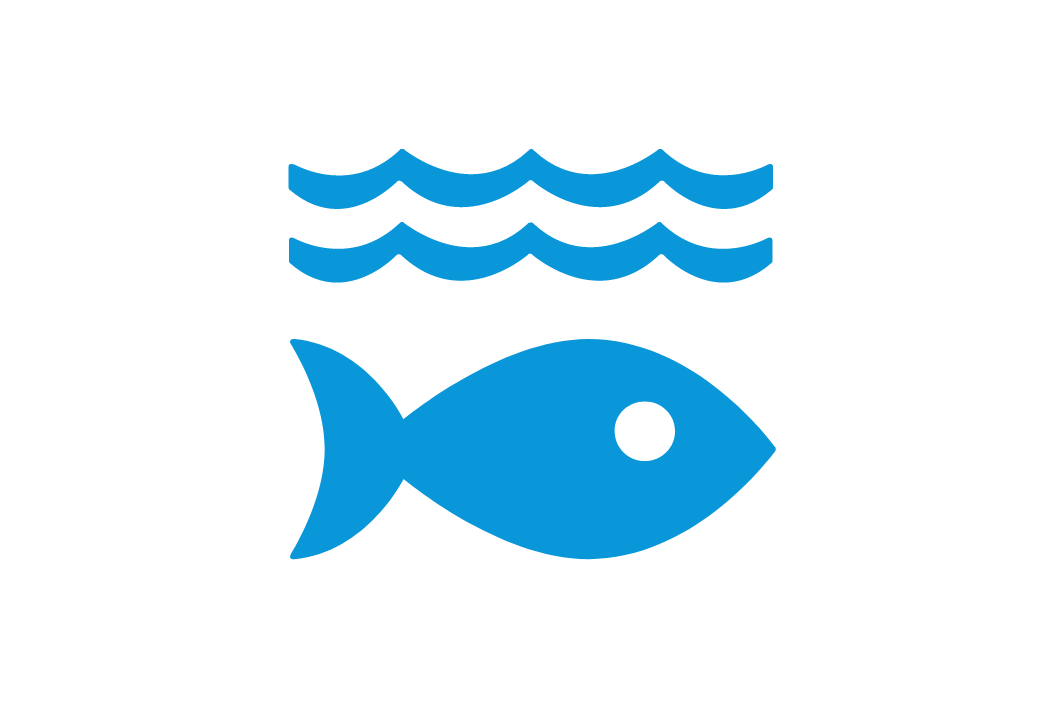
• Overfishing and unsustainable fishing practices: Tamper-proof records of fishing licenses, quotas, seasons, catch limits, penalties for violations, fishing credits or tokens for sustainable catches, and ratings and certifications of fishing communities and businesses highlighting sustainability are some of the mechanisms that enable sustainable management of marine resources.
• Limited protection of marine habitats: Transparent management of funds for protection, patrolling, research, and restoration of habitats like mangroves, seagrass beds, coral reefs, etc., smart contracts governing the release of funds based on milestones achieved in declaration and management of protected areas as marine sanctuaries or conservation sites, and verifiable proofs of conservation outcomes through satellite imagery, reports, certifications, etc.
• Lack of awareness: Eco-badges or certifications for adopting environmentally responsible behaviors and seafood choices, knowledge-sharing platforms preventing the spread of misinformation and encouraging experiential learning opportunities, and performance-based incentives and rewards for meeting sustainability goals in personal, community, or industry practices are some of the mechanisms that improve awareness about the importance of life below water and sustainable ocean practices.
SDG 15: Life on Land - Protect, restore, and promote sustainable use of terrestrial ecosystems, sustainably manage forests, combat desertification, and halt and reverse land degradation and biodiversity loss.

• Deforestation and loss of biodiversity: Tamper-proof records of logging licenses, quotas, seasons, and penalties for illegal felling or hunting, forest credits or tokens for sustainable use of woodlands, and ratings and certifications of communities, businesses, and countries highlighting environmental responsibility are some of the mechanisms that enable sustainable forest management and biodiversity conservation.
• Forest fires and damage: Permanent and verifiable records of fire incidents, causes, damages, responses, the relief provided, and penalties for arson, and decentralized fire monitoring through sensors and communities are some of the mechanisms that improve the detection and management of forest fires.
• Land degradation and desertification: Transparent management of funds for desalination, afforestation, usage of waste for land regeneration, and soil conservation methods like farming terraces, contour bunds, etc., and direct disbursal of funds prevent diversion while real-time monitoring ensures proper utilization. These mechanisms facilitate sustainable land use and combat desertification.
SDG 16: Peace, Justice, and Strong Institutions - Promote peaceful and inclusive societies for sustainable development, provide access to justice for all, and build effective, accountable, and inclusive institutions at all levels.

• Limited access to justice: Smart contracts facilitating automated enforcement and penalty mechanisms for petty crimes and civil disputes based on verifiable proofs of wrongdoing, micro-grants, and subsidized legal aid, especially for marginalized communities, and community mediation platforms enabling affordable and localized dispute resolution based on agreed terms and verifiable consensus are some of the mechanisms that provide low-cost access to legal and judicial services.
• Violation of human rights: Blockchain technologies aim to protect identities of reporters while enabling action against perpetrators of discrimination, violence, oppression, censorship, unlawful imprisonment, torture, forced displacement, etc. Verifiable proofs of abuse establish credibility, determine responsibility, and mandate penalty or compensation depending on the nature and scale of violation.
• Lack of inclusive governance: Open consultation platforms enabling proposals, debates, and feedback on policies, budgets, and development agendas from all stakeholders, including grassroots groups, decentralized voting on local issues, especially those concerning underrepresented communities, and appeals and whistleblower policies for dissenters to report undemocratic practices are some of the mechanisms that promote inclusive governance.
SDG 17: Partnerships for the Goals - Strengthen the means of implementation and revitalize the global partnership for sustainable development.
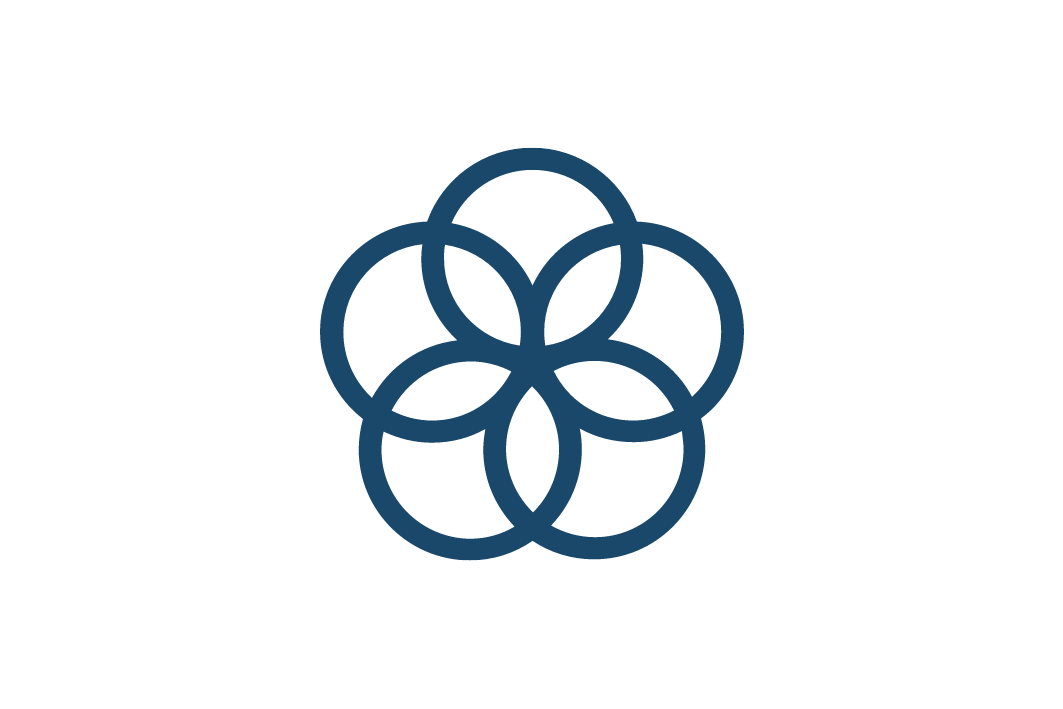
• Broken commitments and sustainability concerns: Blockchain provides permanent proof of commitments, actions, and impact enabling long-term assessment of partnerships. Verifiable records of pledges on funding, timelines, milestones, goals, etc., hold partners accountable for meeting or reneging on commitments.
• Limited inclusion of non-state actors: Blockchain enables marginalized groups such as grassroots groups, local communities, women, youth, indigenous people, refugees, etc. to participate in development partnerships by providing them access to resources, funds, data, and capacity-building opportunities based on verifiable proofs of inclusiveness through decentralized networks.
• Lack of coordination and duplication of efforts: Blockchain provides a permanent and transparent record of commitments, roles, responsibilities, budgets, timelines, progress, and impact of all partners in sustainable development partnerships. This facilitates accountability, detection of duplication, and fixing of responsibility in case of delays or setbacks.